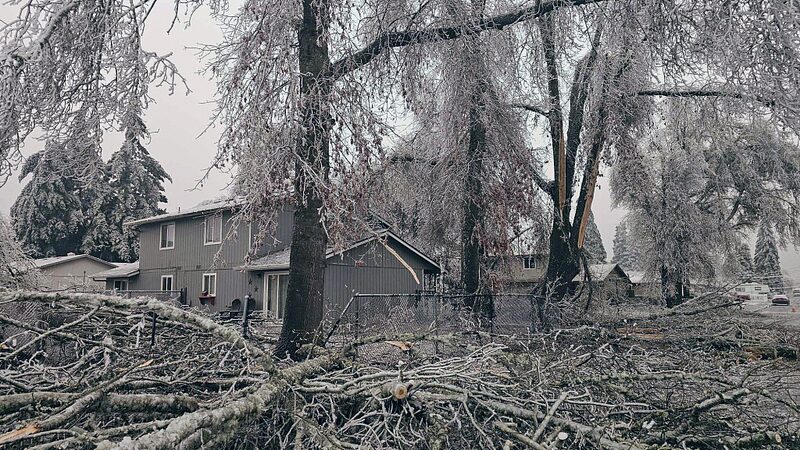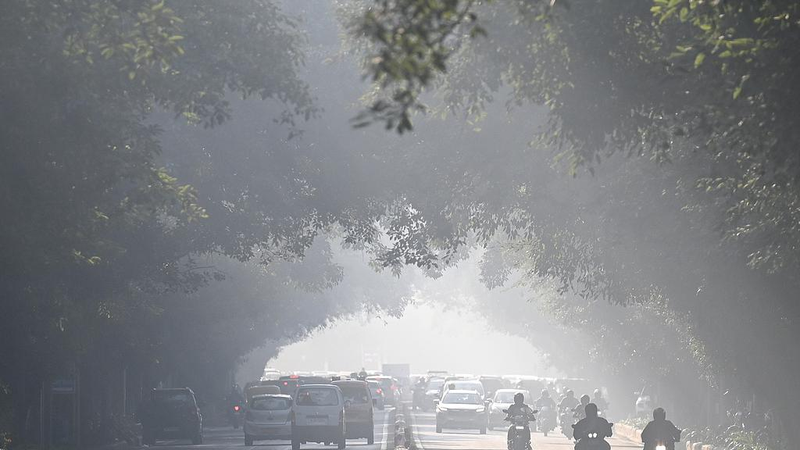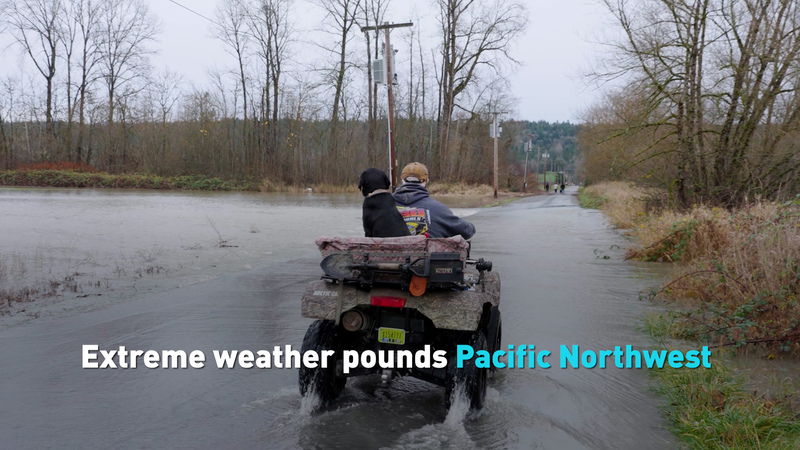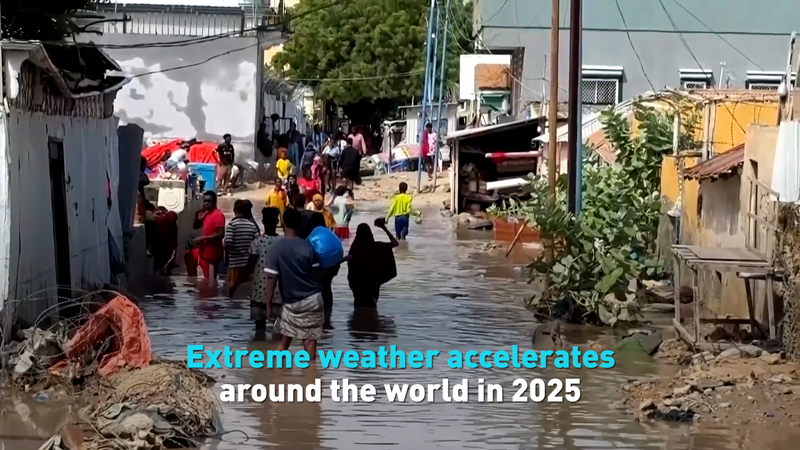Brrr! It's freezing out there! 🌬️ An intense cold snap has wreaked havoc in Oregon, leaving more than 100,000 residents shivering without electricity. The U.S. Northwest has been pounded by severe winter storms in recent days, and the situation isn't letting up.
Power companies are working around the clock to restore electricity, but icy winds and freezing rain are making the job tough. Portland General Electric, the state's largest utility, reported that continued ice and wind have caused new outages, setting back efforts to get the lights back on.
\"We understand the disruption these outages can cause and will not stop until the lights are on for everyone,\" the utility said. With some 1,700 workers braving the cold to fix the lines, they're giving it their all! 💪
Unfortunately, the storm has also brought tragedy. Three people lost their lives when a downed power line fell onto a vehicle. In a miraculous twist, a baby in diapers was rescued from the scene by a brave bystander. ❤️
The freezing temperatures aren't just affecting Oregon. They're causing peak power demand across parts of the U.S., with homes and businesses using record amounts of natural gas for heating. The cold snap has even shut down a Gulf Coast refinery in Texas and cut oil production in North Dakota by more than half!
What's Up with This Weather? 🌎
You might be wondering, why is it so cold in some places when the rest of the world seems warmer? The answer lies in something called the polar vortex. This isn't a new villain in a superhero movie—it's a real atmospheric phenomenon!
Usually, the polar vortex is a strong, icy wind that circles the Arctic, keeping the cold air locked up near the North Pole. But sometimes it stretches or weakens, allowing that frigid air to spill southward. When that happens, places like Oregon get hit with these extreme cold snaps.
According to experts, the current cold outbreak is linked to changes in the Arctic and the behavior of the polar vortex. \"When the polar vortex stretches like a rubber band, severe extreme winter weather is much more likely in the United States,\" says Judah Cohen, a winter weather specialist.
So, while it might seem odd that some areas are freezing while others are warmer than usual, it's all connected in the wild world of weather patterns. 🌍✨
Stay Warm and Stay Safe!
If you're in an affected area, make sure to bundle up, check in on neighbors, and stay informed about power restoration efforts. And don't forget to appreciate the hardworking crews out there battling the elements to keep everyone safe and warm! 🧤🧣
Reference(s):
cgtn.com




